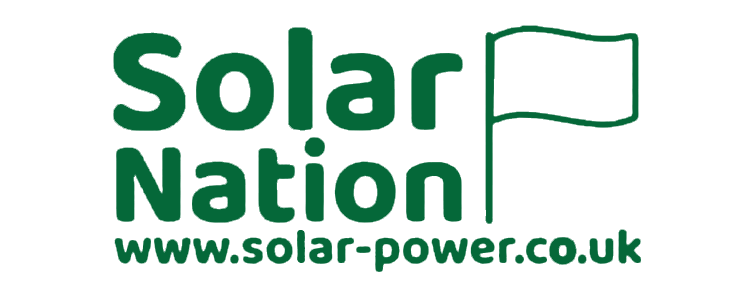Commitment to Address Modern Slavery Risks in the Supply Chain
At The Green Way Solar Ltd, a UK-based SME operating across Hertfordshire, Bedfordshire, Buckinghamshire, and Northamptonshire, we are committed to tackling modern slavery risks within our supply chain and throughout our operations. We proactively work to mitigate exploitation risks, uphold ethical standards, and promote transparency in all our business practices, including our supplier and distributor engagements.
Our Approach
- Identify Risks: We conduct thorough risk assessments focusing on high-risk sectors, regions, and workforce demographics. As an initial measure, we have already collated the modern slavery statements from all of the industry distributors that we purchase from, establishing a baseline for their ethical commitments.
- Establish Standards: We have developed and will continue to communicate a robust Supplier Code of Conduct. This code explicitly requires adherence to all anti-slavery legislation and ethical labour practices.
- Strengthen Agreements: All supplier contracts include specific modern slavery clauses, setting clear expectations for ethical conduct and compliance.
- Provide Training: Comprehensive training programs are implemented for all relevant staff, enabling them to recognise, address, and mitigate modern slavery risks effectively.
- Monitor and Audit: A robust monitoring and audit framework is in place, overseen by our Operations Manager. This framework includes regular audits, KPI tracking, and corrective action plans to ensure ongoing supplier compliance.
How We Meet the DfE’s Policy Outcomes
- Risk Consideration: Modern slavery risks are integrated into every stage of our supply chain process.
- Transparent Reporting: We have established detailed monitoring and reporting mechanisms that capture supplier compliance and non-conformance.
- Supplier Engagement: All suppliers and staff are actively engaged through ongoing training, regular audits, and open communication channels, ensuring our ethical standards are consistently upheld.
| Action | Timeline | Metrics | Responsible Party |
| Conduct Supply Chain Risk Assessment | Month 1 | % of suppliers assessed; risk findings | Operations Manager |
| Distribute Supplier Code of Conduct | Month 1-2 | % of suppliers signed up | Operations Team |
| Embed Modern Slavery Clauses into Contracts | Month 2-3 | % of updated supplier contracts | Operations Manager |
| Deliver Staff Training | First session by Month 2 | % of staff trained; pre/post-training assessments | Operations Team |
| Conduct Supplier Audits | From Month 3 onwards | % of suppliers audited; compliance findings | Operations Team |
| Establish Reporting Mechanism | By Month 4 | Regular progress and incident reports | Operations Team |
| Monitor and Report Quarterly | From Month 6 onwards | Compliance reports; corrective actions | Operations Manager |
Monitoring, Measurement, and Reporting
Key performance indicators (KPIs) include supplier compliance rates, non-conformance findings, and staff training completion rates. We use audit tracking software and regular reviews to assess and refine our processes.
Feedback and Continuous Improvement
Feedback from suppliers and staff is regularly collected and analysed, driving quarterly reviews and continuous improvements to ensure our processes remain robust and aligned with the DfE’s policy objectives.
Engagement with Staff and Suppliers
- Staff: Targeted training sessions and resources are provided to empower our team in recognising and mitigating modern slavery risks.
- Suppliers: We foster open communication and support our suppliers through routine audits and compliance guidance, ensuring they meet our ethical standards.











